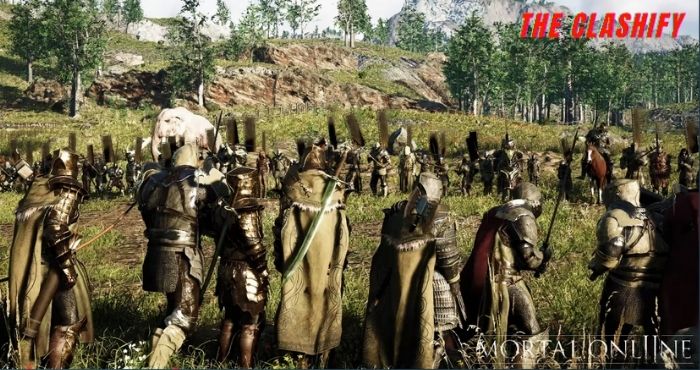

He carried the shell in his pocket during the Battle of Austerlitz and credits it with his victory.” Without that narrative, the nut is just a nut. “This dried filbert nut,” you might say, “was Napoleon’s lucky charm. Include the provenance and a heartwarming anecdote in your description. (According to Don Heiden, who runs the Auction Professor channel on YouTube, fixed-price “Buy It Now” items tend to fetch a higher price than those at auctions.) Any particular words one should use in the description? “Unique.” “Conversation piece.” “Smoke-free home.” If items are readily available, go for the latter, which allows impulsive buyers to snatch them at the click of a button. Should I auction the purse or sell it at a fixed price? For unique, rare, or high-demand items, Jennings said, choose the former-and hope for a bidding war. I asked him: Should I list the purses as a group or individually? If you offer them as a package deal, he explained, you’ll lose collectors, who prefer to cherry-pick your likely buyer will be a dealer interested in reselling, and who therefore won’t offer much. Jennings has been selling goods on eBay and Etsy for clients since 1998. I consulted with Stan Jennings, a retired postal worker, for guidance on selling them. I’d amassed the collection in the nineties, on eBay, for reasons that now elude me. The first thing I tried to unload was four folk-art handbags, each constructed out of braided cigarette-pack wrappers by incarcerated Americans in the nineteen-fifties and sixties. 1: Life is not “ Antiques Roadshow.” The thingies you found in your grandfather’s drawer after he died are his dentures, not a valuable Jurassic-age fossil. of that watercolor) for a hundred and seventy thousand dollars, don’t we all deserve a little something for our castoffs? If Melania Trump can auction off the big white hat she wore when she met the Macrons (plus a watercolor of her in the hat and an N.F.T. A month later, lots of her clothes were still available. In December, a Brooklyn woman offered the entire contents of her closet (more than fifty pieces) to her online neighborhood network, much of it gratis. Finding new homes for your stuff is the challenge. Some will have you believe that the hardest part of parting with your belongings is choosing which items must go. (There are Web sites, such as, that will buy your ex’s leavings, ranging from engagement rings to “Rick and Morty” socks.) I wish I could have added my boyfriend’s too large Le Corbusier lounger.
#NO LONGER HOME WALKTHROUGH HOW TO#
A fraction of what was in that jumble: seven antique glass cake stands that belonged to my mother a dormitory’s worth of new sheet sets and blankets for a bed size that is not mine a set of Lenox china that my grandmother gave to my mother, who gave it to me, and was never used clothes galore a Viking stove grate that arrived cracked, and which I saved because I planned to weld it into a sculpture someday, after I learned how to weld several rolls of Trump toilet paper that I wrongly thought were amusing a few years ago. I gathered my unwanteds and piled them in the living room. In my apartment, it’s got so cluttered that sometimes, when I leave-usually to acquire more stuff-it crosses my mind that I should leave a “Dear Burglar” note, urging the intruder to help herself.Ī few months ago, I decided to deaccession an assortment of my things by whatever means feasible: selling, donating, recycling, giving them away, losing them on the subway, or reserving a spot for them on the next Mars Explorer. The son of a friend, when offered his pick of items from his grandfather’s estate-an antique clock? an Emmy?-took a toilet plunger. What to do with this First World surplus? Your children don’t want it. They have to dust it.” A survey conducted by the storage marketplace Neighbor found that quasi-house arrest has made seventy-eight per cent of respondents realize that they have more possessions than they need. “People are stuck in their houses and sick of their stuff,” Randy Sabin, who runs estate and Internet sales, told me over the phone from Morris, Connecticut. Lately, I, a maximalist, have been yearning to be a minimalist.

This content can also be viewed on the site it originates from.


 0 kommentar(er)
0 kommentar(er)
